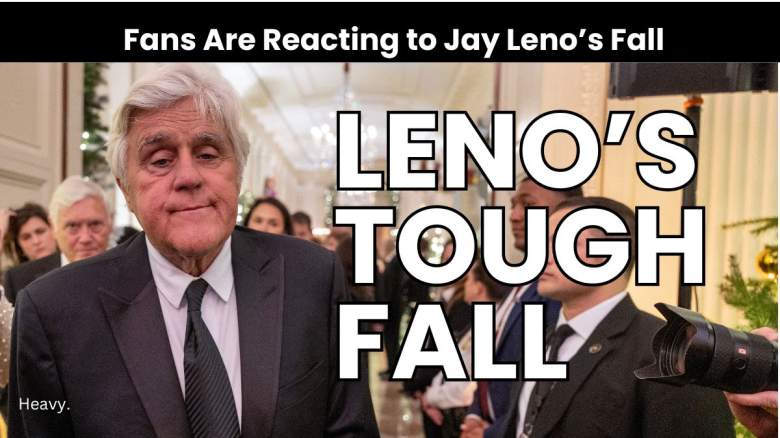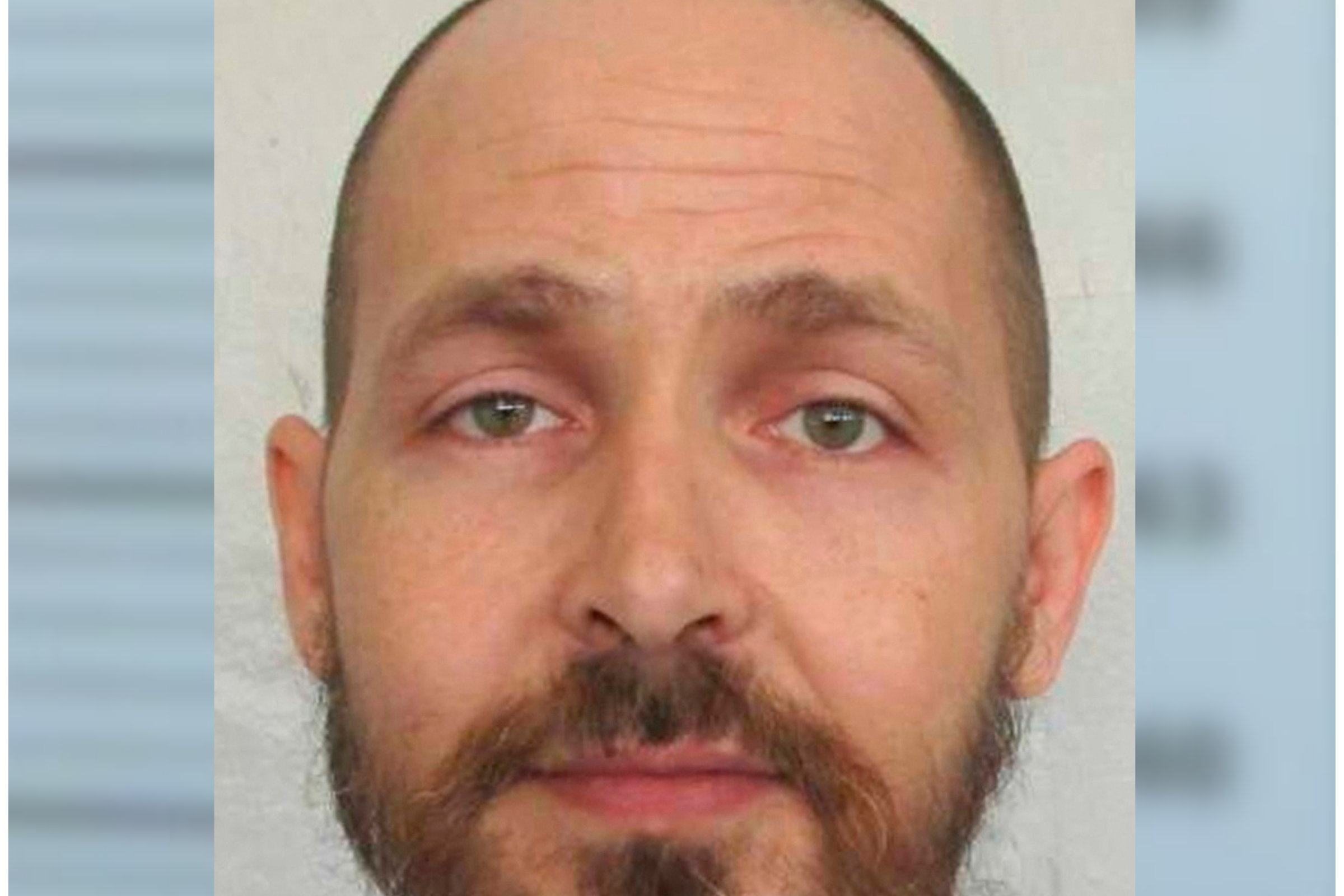The International Criminal Court says its decision to issue arrest warrants against Israeli Prime Minister Benjamin Netanyahu and former Defense Minister Yoav Gallant is a response to the pair's "crimes against humanity." A warrant was also issued for a likely-dead Hamas commander.
U.S. senators like Lindsey Graham have dismissed the ICC's move as a "dangerous joke." Sadly, the global community's joke-of-a-response to Israel has been playing out for months and months, and the only ones laughing today are terrorists and authoritarian regimes.
This is not the first time the Middle East's only democracy has been the butt of a dangerous joke.

Last year, South Africa went to the ICC's sister court, the International Court of Justice, to charge Israel with the crime of genocide. That's the same South Africa that once hosted a Sudanese dictator after the ICC issued warrants for his arrest on crimes against humanity and genocide and then, last year, also hosted a Sudanese warlord accused of crimes against humanity.
However, few in the international community saw the irony: coddling war criminals from failed states with one hand while accusing democracies of war crimes with the other. South Africa's charge was not only bogus and ironic; it demonstrates a disturbing appetite within the international community to equate the defense of democracy with the defense of terror and authoritarianism.
For example, the United Nations has repeatedly failed to condemn or reign in Iran and its proxies in Hamas and Hezbollah for their relentless and daily efforts to literally annihilate Israel. This, along with the ICC's decision to indict a Hamas commander—in the same breath as Netanyahu and Gallant—exposes the macabre moral equivocation that so often lurks behind the legal mumbo jumbo of both international organizations.
It is, therefore, even more horrifying that the European Union's top diplomat has said the ICC's decision "has to be respected and implemented."
The war in Gaza is brutal, tragic, and has no end in sight. But many seem to have forgotten how we got here. It was Hamas that perpetrated the brutal Oct. 7 slaughter of Israelis. It is Hamas that continues to hold Israeli hostages. It is Hamas that uses Palestinian civilians as human shields.
Meanwhile, in Lebanon, it is Hezbollah that has launched more than 12,000 rockets at Israel over the last year, displacing tens of thousands of families. Finally, it is Iran that has been funding and directing these operations, even as it is welcomed and even honored by the United Nations.
And yet, it is Israel that is accused of war crimes. The reality on the ground is this: Israel is doing what every democracy would do when faced with similar attacks: fighting back to eradicate the responsible groups. But from a global perspective, Israel is just the tip of the spear in a wider conflict with an increasingly nihilistic and technologically sophisticated network of radical Islamists.
That reality should have been clear two decades ago during the second Intifada—suicide bombers in Israel were soon followed by the Sept. 11 attacks on the United States and the 2005 London subway bombings. The ayatollahs in Iran regularly call Israel the 'Little Satan' and deploy a broad and well-equipped terrorist infrastructure against it. Those same ayatollahs see the United States as the 'Big Satan."
What do you think happens next?
The first quarter of this century has made it clear: democracies under attack from terrorists are well within their rights to vehemently fight back. The court's ruling—if taken seriously—risks squandering these hard-fought lessons in the service of a "dangerous joke."
This can only lead to one outcome: the normalization of terror and the criminalization of democratic responses to it. In the meantime, Israel will rightly refuse to fall on its sword for the sake of a broken set of international legal authorities more interested in power and posturing rather than facts and values.
Aviva Klompas is the former director of speechwriting at the Israeli Mission to the United Nations and co-founder of Boundless Israel, a nonprofit organization that partners with community leaders in the U.S. to support Israel education and combat hatred of Jews. She is co-host of the Boundless Insights podcast.
The views expressed in this article are the writer's own.




















 English (US) ·
English (US) ·